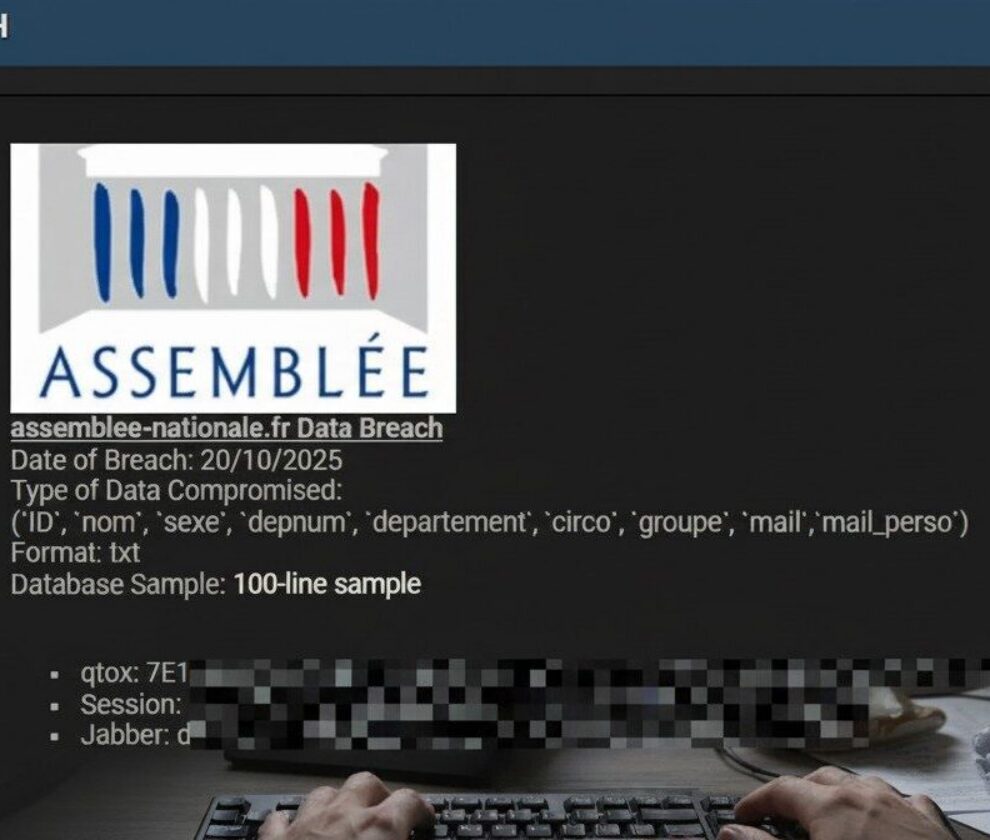Ransomware has emerged as one of the most significant threats to businesses of all sizes. Recently, a cybercriminal group named HANDALA claimed responsibility for a highly publicized attack on an organization referred to as “The Saturday Files.” This incident throws into sharp relief the critical importance of robust cybersecurity and the strategies organizations need to adopt to defend against such threats effectively.
Who is the HANDALA Cybercrime Group?
HANDALA has made a name for itself in the shadowy world of ransomware. Operating mainly on the dark web, the group specializes in exposing sensitive information stolen from its victims, focusing on a tactic often referred to as doxxing. Unlike most ransomware groups that demand financial payment to unlock encrypted files, HANDALA’s key goal appears to be public exposure.
Framing themselves as “revealers of truth,” the group adopts a provocative message: “Anonymity is a myth” and “Every action leaves a trace.” Dubbed “hacktivists” by some, their dark web blog serves as a platform to showcase compromised data, accessible to anyone curious enough to dig for it.
Details of the Attack on The Saturday Files
The attack came to light on November 1, 2025, when HANDALA posted online claiming responsibility for breaching an entity known as “The Saturday Files.” Although the exact nature or details of this organization remain unclear, the attack seems less focused on traditional ransom demands and more on the public shaming of the affected parties.
HANDALA’s post revealed the identities of seven individuals allegedly linked to “armies and covert organizations.” Accompanying their claims were six screenshots displaying what appear to be sensitive data tied to these individuals. Rather than seeking monetary reimbursement, HANDALA’s intent seemed to prioritize intimidation and reputational damage.
The group’s novel approach underscores a shift in cyber threats, focusing on maximum reputational harm and personal exposure instead of financial gain. It’s a reminder that every organization, public or private, can become a target without ever being fully prepared for the nuanced ways criminals aim to undermine them.
How HANDALA’s Tactics Differ from Traditional Ransomware
Traditional ransomware follows predictable patterns: attackers encrypt a victim’s files and demand payment in exchange for a decryption key. HANDALA, however, shuns this conventional route. Instead, they engage directly in what cybersecurity professionals call “information warfare.” This form of “public extortion” places much more emphasis on reputation and private data exposure.
HANDALA’s methods align with the dual-extortion approach: not only do attackers steal data, but they also threaten or execute its distribution publicly. The difference here is striking: HANDALA skips the ransom request, creating chaos through exposure alone.
Such attacks create long-term repercussions for organizations and individuals, undermining trust among stakeholders, leading to potential legal action, and exposing exposed victims to threats including identity theft, harassment, or worse. The financial impact, compounded with reputational damage, solidifies the severity of this evolving ransomware style.
The Fallout for The Saturday Files
An attack of this nature carries devastating consequences. The leaked personal data of individuals could result in identity theft, targeted harassment, or exploitation. Further, critical organizational data being made public can lead to significant financial setbacks, operational disruptions, and a loss of competitive edge.
The reputation of an entity such as “The Saturday Files” can be irrevocably tarnished. For individuals exposed in the leak, lasting psychological impacts shouldn’t be underestimated. Stigma, stress, and fears related to the misuse of their personal information further amplify an already dire situation.
For organizations and their leadership, this attack is a powerful wake-up call—cybersecurity must not only protect systems and data but also guard against far-reaching reputational and regulatory implications.
Proactive Measures Businesses Should Take
Defending against both traditional ransomware and public extortion attacks like those of HANDALA requires a multi-faceted approach to cybersecurity. Below are practical steps businesses should implement:
- Build a Comprehensive Cybersecurity Framework: Invest in advanced firewalls, intrusion detection systems, and updated antivirus solutions.
- Secure Account Access: Adopt multi-factor authentication (MFA) to bolster defenses for critical systems and sensitive applications.
- Educate Employees: Most breaches arise from human error. Training staff to recognize phishing scams or adhere to strict data use protocols can dramatically reduce risks.
- Frequent Data Backups: Maintain regular, secured backups of files and systems. This ensures that sensitive, critical data isn’t permanently lost during attacks.
- Incident Response Plan: Develop a robust response plan so leadership teams and IT personnel can act decisively and decisively in case of a breach.
Implementing these measures empowers organizations to minimize vulnerabilities and enhance resistance to evolving ransomware tactics.
Conclusion: Enhancing Cybersecurity Resilience
The HANDALA attack on The Saturday Files provides a sobering reminder that cybercriminals constantly evolve their methods. From encrypting data for ransom to exposing sensitive information with no monetary demands, the landscape of cyber threats is shifting toward more complex styles of extortion and disruption.
Being proactive is essential. Beyond adopting cybersecurity defenses, organizations must cultivate a culture of awareness and readiness across their teams. Every individual must be empowered and vigilant to remain one step ahead of attackers.
At My Own Detective, we specialize in cybersecurity assessment and protective strategies tailored for businesses of all sizes. Don’t wait until a crisis strikes. Reach out today for a personalized evaluation and learn how to safeguard your company in an era of increasing online threats.


